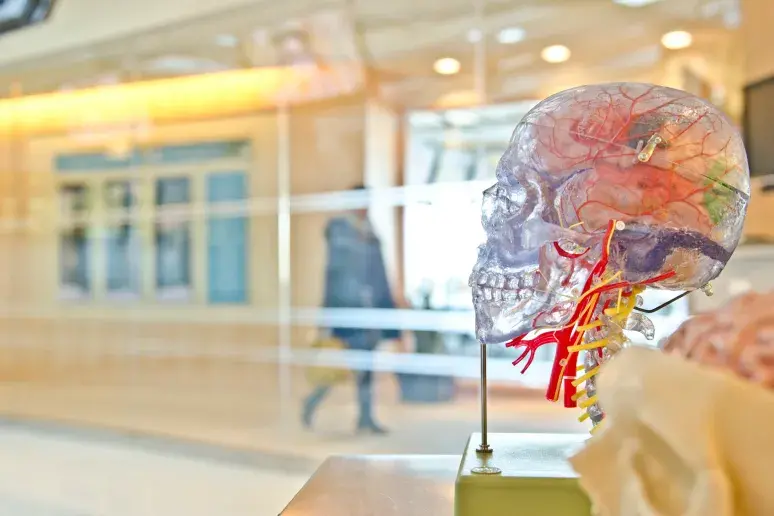
Could AI be the answer to an early dementia diagnosis?
Artificial intelligence (AI) is the latest technique to be explored in the race to find the most effective way to diagnose dementia. It’s thought the technology may be employed to unequivocally determine if an individual has the condition years before any symptoms begin to show.
The system is currently going through pre-clinical trials, but researchers from the Alan Turing Institute in Cambridge are hopeful of its potential. The AI solution could replace the multiple tests and scans used at the moment to get a definitive diagnosis.
This takes time and can often mean the condition has progressed beyond the point of treatment using medications to slow the progression of dementia. Instead, anyone concerned they or a loved one may have the neurodegenerative disease could have a single brain scan compared with thousands of others to identify patterns.
As a result, patients showing even the earliest indication of the disease could see interventions enforced before the mildest of symptoms begin. As there is not yet a way to reverse the effects of dementia, stopping it in its tracks is seen as the best chance of a good outcome.
To assess the AI system, a trial of some 500 people who potentially have the condition is being carried out at Addenbrooke's Hospital in Cambridge, as well as other memory clinics across the UK. Anyone discovered to have dementia will see the results passed to their GP.
Zoe Kourtzi is professor of cognitive computational neuroscience at the Alan Turing Institute and professor of experimental psychology at the University of Cambridge. She told the BBC: “If we intervene early, the treatments can kick in early and slow down the progression of the disease and at the same time avoid more damage. And it's likely that symptoms occur much later in life or may never occur.”
The NHS estimates more than 850,000 individuals in the UK have dementia, affecting one in 14 over-65s and one in six over-80s. Alzheimer’s Research UK predicts two million people across the country will be suffering from the condition by 2050.
Dr Laura Phipps, from the charity, said: “Machine learning models such as those being developed by Prof Kourtzi could give doctors greater confidence in interpreting scans, leading to a more accurate diagnosis for patients.
"It is hoped that in the future these approaches will not only improve how current diagnostic techniques are implemented but open the door to revolutionary new approaches to detect the diseases that cause dementia much earlier.”
Alzheimer’s disease is the most common form of dementia and there are three main stages to it. The first is mild Alzheimer’s, which is difficult to identify, as memory lapses are infrequent and short-lived. By the time it progresses to the moderate stage, confusion over words and behavioural changes will become more apparent.
Moderate Alzheimer’s can last for a relatively long time, before it enters the severe stage, where responding to the surroundings and carrying out a conversation is impossible. In severe cases, controlling movement can be a challenge too.
Find your nearest Barchester care home
With over 200 care homes in the UK, there's always a Barchester care home near you.
